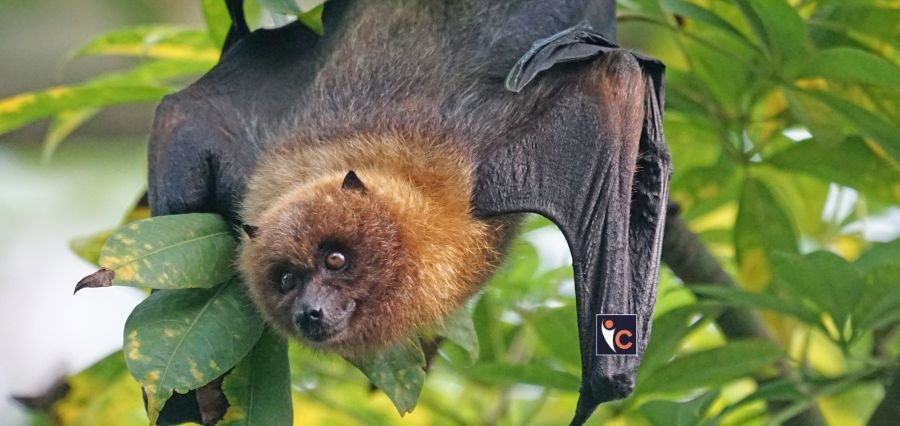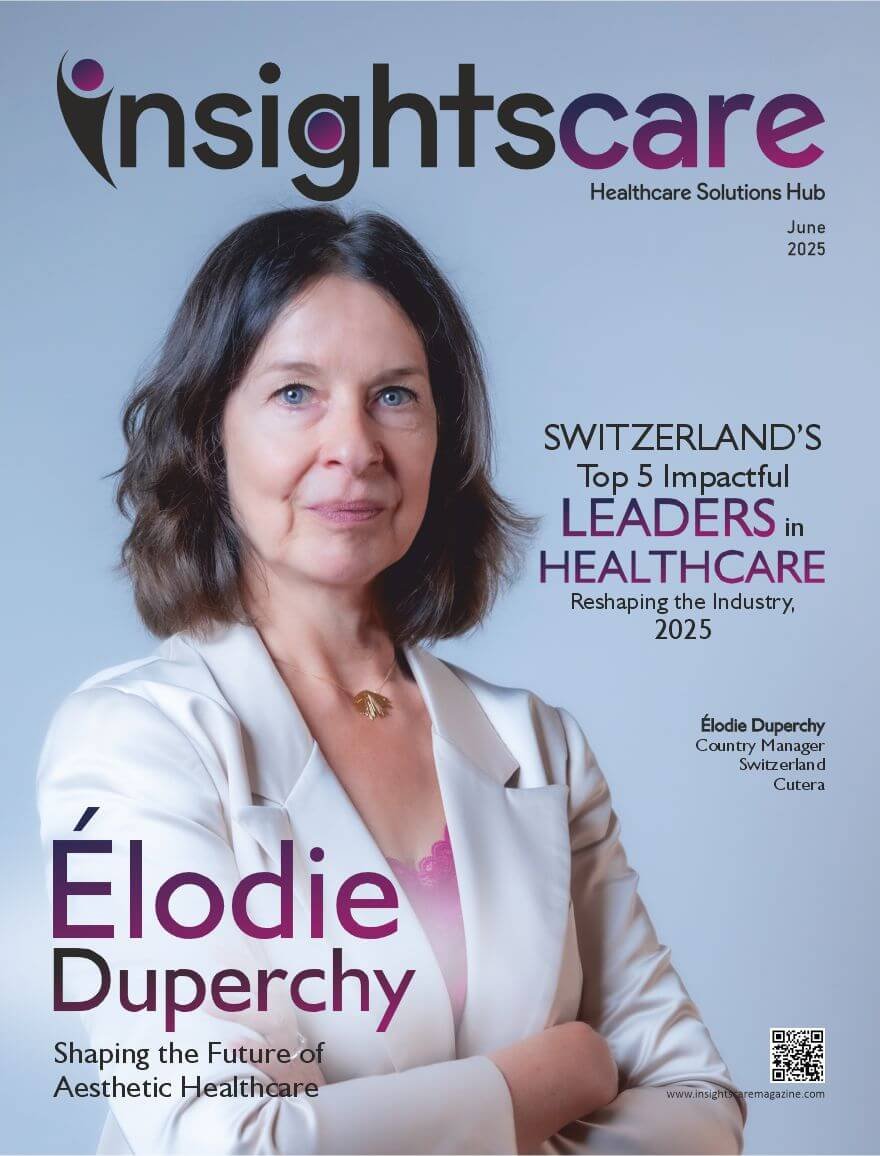Key Highlights:
- TARIPH with NTU Bag Grant for Respiratory Researchers
- OFLCG of $10 Million Sanctioned by Ministry of Health
- This invention may deepen the knowledge of respiratory disorders and Create more specialized and potent treatments
Nanyang Technological University’s Lee Kong Chian School of Medicine at the TARIPH Centre takes lead in acquiring the first national research grant of its kind focused on respiratory health by Singapore.
It is a milestone initiative, supported by an Open Fund-Large Collaborative Grant amounting to $10 million and is NRF-backed. The ministry administers the institute through the National Medical Research Council Office and MOH Holdings.
Spearheading a multi-institutional program, nine organizations have brought their researchers together under one umbrella to address some of the most critical challenges in respiratory health in Singapore, with NTU at the helm. Patient-centric translational research is conducted across five integrated themes from rising chronic lung diseases such as asthma and Chronic Obstructive Pulmonary Disease (COPD) up to post-intensive care syndrome.
The program would also explore the emerging effects of climate change on respiratory health, such as urban environmental exposure to changing climate conditions in Singapore, in a view towards developing respiratory allergies and diseases and evidence-based strategies for mitigating risks.
This shall comprise the establishment of a national cell repository of cellular airway models. Establishing the national repository is highly appropriate for use in developing and implementing a targeted or personalized therapy for lung diseases. These changes should thus transform the research on lung health fully under the new initiative.
Some of the pioneering initiatives include human-like lungs developed in biolabs. For this project, Professor Wang De Yun and Associate Professor Thai Tran from the Yong Loo Lin School of Medicine at the National University of Singapore are collaborating with Associate Professor Sanjay Chotirmall from NTU’s Lee Kong Chian School of Medicine to establish this cutting-edge research capability.
This team produces lung organoids or miniature models of the human lung with Precision Cut Lung Slices technology, which lessens the complexity of modeling lung diseases. These artificially produced structures will enable scientists to analyze lung diseases within the managed framework, test novel treatments, and accelerate the discovery of new drugs. In the meantime, it will improve the understanding of respiratory conditions and support better development of more effective and patient-tailored treatments.
With an aging population and ever-changing environmental issues, this national research effort will hopefully position the country at the very forefront of lung health research in Asia. Through the integration of medical, environmental, social, and cultural approaches, TARIPH Centre seeks to come up with effective national and regional strategies that will contribute to bettering the respiratory health outcomes.
Underpinning the leadership of TARIPH, this research program would spur great advances in the prevention and treatment of respiratory diseases and tailor healthcare around individual needs.










